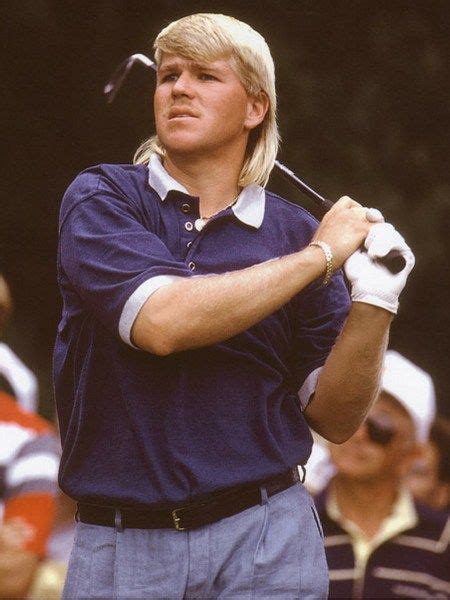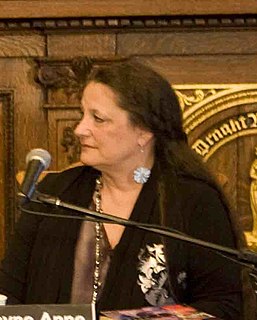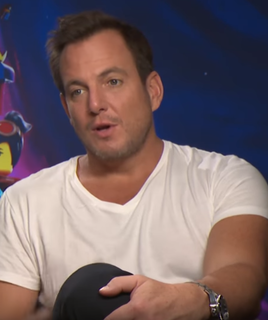A Quote by Edmund de Waal
Stories are a kind of thing, too. Stories and objects share something, a patina. I thought I had this clear, two years ago before I started, but I am no longer sure how this works. Perhaps a patina is a process of rubbing back so that the essential is revealed, the way that a striated stone tumbled in a river feels irreducible, the way that this netsuke of a fox has become little more than a memory of a nose and a tail. But it also seems additive, in the way that a piece of oak furniture gains over years and years of polishing, and the way the leaves of my medlar shine.
Quote Topics
Also
Am
Back
Become
Before
Clear
Essential
Feels
Fox
Furniture
Gains
Had
How
Kind
Leaves
Little
Longer
Memory
More
Nose
Oak
Objects
Over
Perhaps
Piece
Polishing
Process
Revealed
River
Rubbing
Seems
Share
Shine
Something
Started
Stone
Stories
Sure
Tail
Than
Thing
Thought
Too
Two
Two Years
Two Years Ago
Way
Works
Years
Years Ago
Years And Years
Related Quotes
I can remember how I sang - a little more nasal-y back then. Listening to those old recordings is like seeing a photograph of yourself from 10 years ago. You're wearing what you thought looked cool at the time. You had your hair styled the particular way you thought looked cool. It's an accurate depiction of who you were and what you looked and sounded like at that point in your life. It doesn't necessarily mean that it aged in a way that it feels as cool or sounds as good to you, or says what you thought it said, 10 years later. That's just the nature of growing older.
Writing stories, adopting other characters, making up fantastic stories and tales, this is a way of perhaps enhancing who I am. Writing stories takes a commonplace old life and makes it all somehow more interesting. And hopefully I can do that in a way that touches a lot of people in their lives, too.
Mia and I had been together for more than two years, and yes, it was a high school romance, but it was still the kind of romance where I thought we were trying to find a way to make it forever, the kind that, had we met five years later and had she not been some cello prodigy and had I not been in a band on the rise - or had our lives not been ripped apart by all this -I was pretty sure it would've been.
Twenty or thirty years ago, in the army, we had a lot of obscure adventures, and years later we tell them at parties, and suddenly we realize that those two very difficult years of our lives have become lumped together into a few episodes that have lodged in our memory in a standardized form, and are always told in a standardized way, in the same words. But in fact that lump of memories has nothing whatsoever to do with our experience of those two years in the army and what it has made of us.
If all stories are fiction, fiction can be true -- not in detail or fact, but in some transformed version of feeling. If there is a memory of paradise, paradise can exist, in some other place or country dimensionally reminiscent of our own. The sad stories live there too, but in that country, we know what they mean and why they happened. We make our way back from them, finding the way through a bountiful wilderness we begin to understand. Years are nothing: Story conquers all distance.
I just think that a much more important part of the problem we face, which was evident 10 years ago and is even more evident now, is that the way we share information among ourselves as American citizens has been radically transformed. The line between news and entertainment has almost dissolved, where ratings now have a big impact on what kinds of stories are covered and not stories.
That's kind of the nature of the profession I'm in. It's frustrating. Things don't go your way, and I was no exception, in that I spent many years struggling to get work, and there are a lot of people more talented than myself who got jobs before me. And I finally, after years and years and years, got lucky.
How has the world of the child changed in the last 150 years?" The answer is. "It's hard to imagine any way in which it hasn't changed.They're immersed in all kinds of stuff that was unheard of 150 years ago, and yet if you look at schools today versus 100 years ago, they are more similar than dissimilar.
I'm living in a world that was created a hundred years ago with vaudeville and people traveling around and medicine shows and things and making live music on stage and I'm still doing that. I like it that way. I like to present something to people that's had 40 years of being honed and perfected. It's something that you're not going to find with an artist who's been around for two or three years, or even ten years.








































